With its campus opening back up for students, staff at the University of British Columbia (UBC) are checking and optimizing mechanical systems to ensure risk of COVID-19 transmission is as low as possible.
With many researchers and academics using the facilities throughout the pandemic, crews have stayed busy, but they are stepping up their efforts to ensure university spaces meet or exceed guidelines set out by WorkSafeBC, the BC Centre for Disease Control and the American Society of Heating, Refrigerating and Air-Conditioning Engineers.
“One of the key parts for us is we have a great starting point,” explained David Woodson, managing director of energy and water services for the school. “We have robust building management systems in place with direct digital controls and a pretty sophisticated team of folks that write and program all this language that is in place.”
The efforts are being guided by the university’s COVID-19 HVAC working group which brought together professional engineers and building mechanical systems experts from UBC Facilities and Safety and Risk Services in UBC Vancouver, as well as Health, Safety and Environment from UBC Okanagan, and faculty members from the school of population and public health’s occupation and environmental health division.
The biggest recommendations have been to bring in as much outdoor air where possible, confirm that the school’s HVAC systems are working as designed and conduct after-hours building flushes to get fresh air through the spaces. The group also recommended moving to a minimum MERV — minimum efficiency reporting value — 13 filter.
Woodson said much of this is already the norm for the school’s more than 200 buildings, but it just means testing the school’s HVAC systems, rewriting code to optimize airflow and changing out any filters that need to be upgraded.
“Vancouver typically has a mild climate, which is kind of what we built our systems around, and we even benefit from the microclimate of being on a peninsula. We get a lot of marine air,” said Woodson. “We already take advantage of that by bringing in as much free, outside cooling into spaces and we have done that even before COVID.”
Woodson said the programming and sequence of operations team is working to see how far it can push systems to maximize the amount of fresh air coming in, something he says is a significant programming effort.But in the handful of buildings without modern mechanical systems, the school is exploring other options.
“We are assessing what types of portable ventilation and filtration plans can give them some type of system that would benefit them, but in the scale of all our efforts that is only a handful of buildings,” said Woodson. “The big effort is making sure our systems are running as they are intended to and responding to troubles like dampers or valves not working.”
According to the school, about 900 spaces are being assessed for upgrades at UBC Vancouver and 24 buildings at UBC Okanagan are being outfitted with minimum MERV 13 filters.
Follow the author on Twitter @RussellReports.


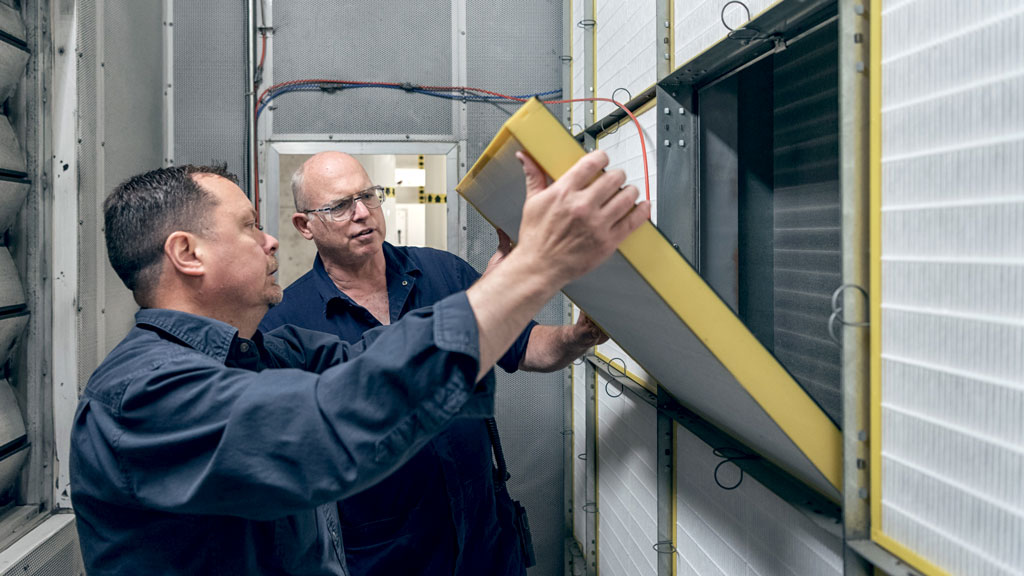
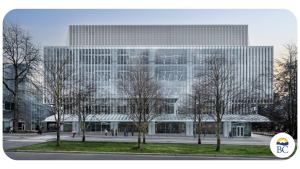
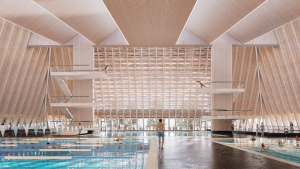
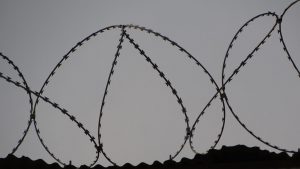
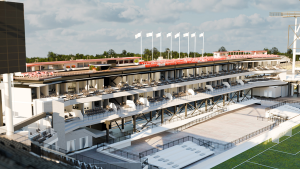
Recent Comments
comments for this post are closed